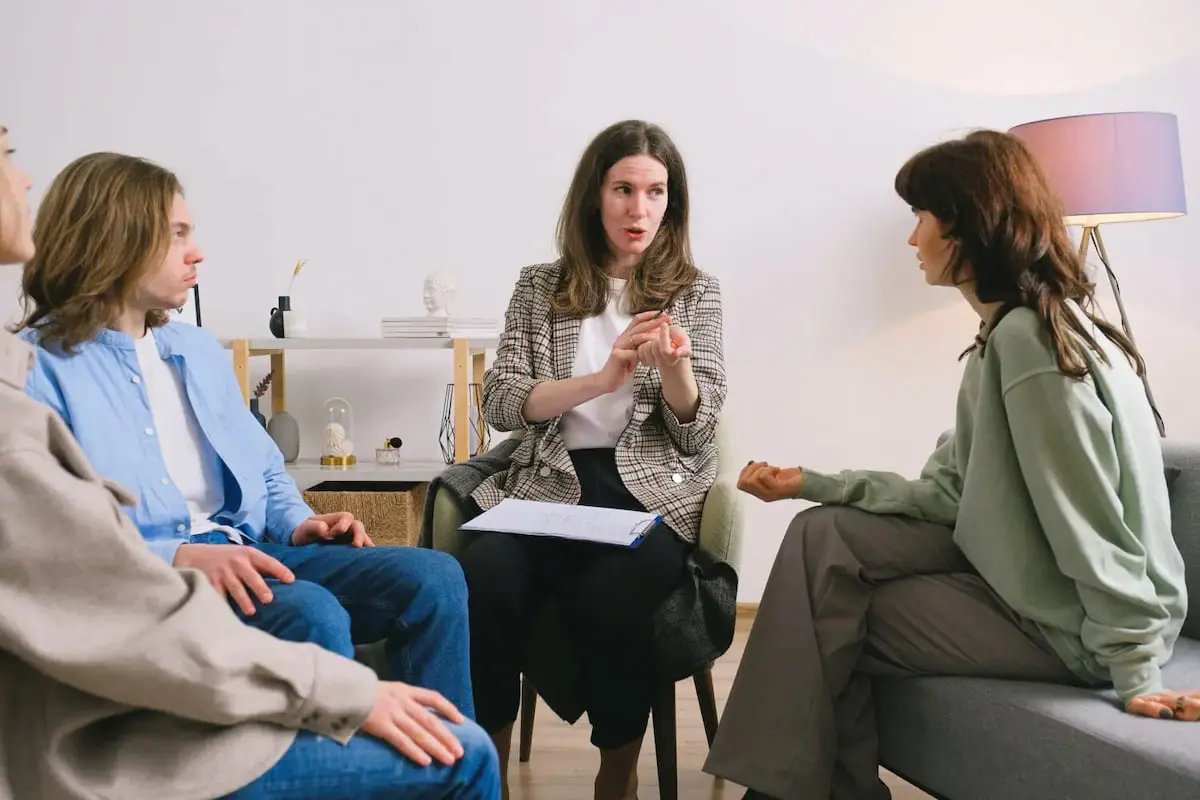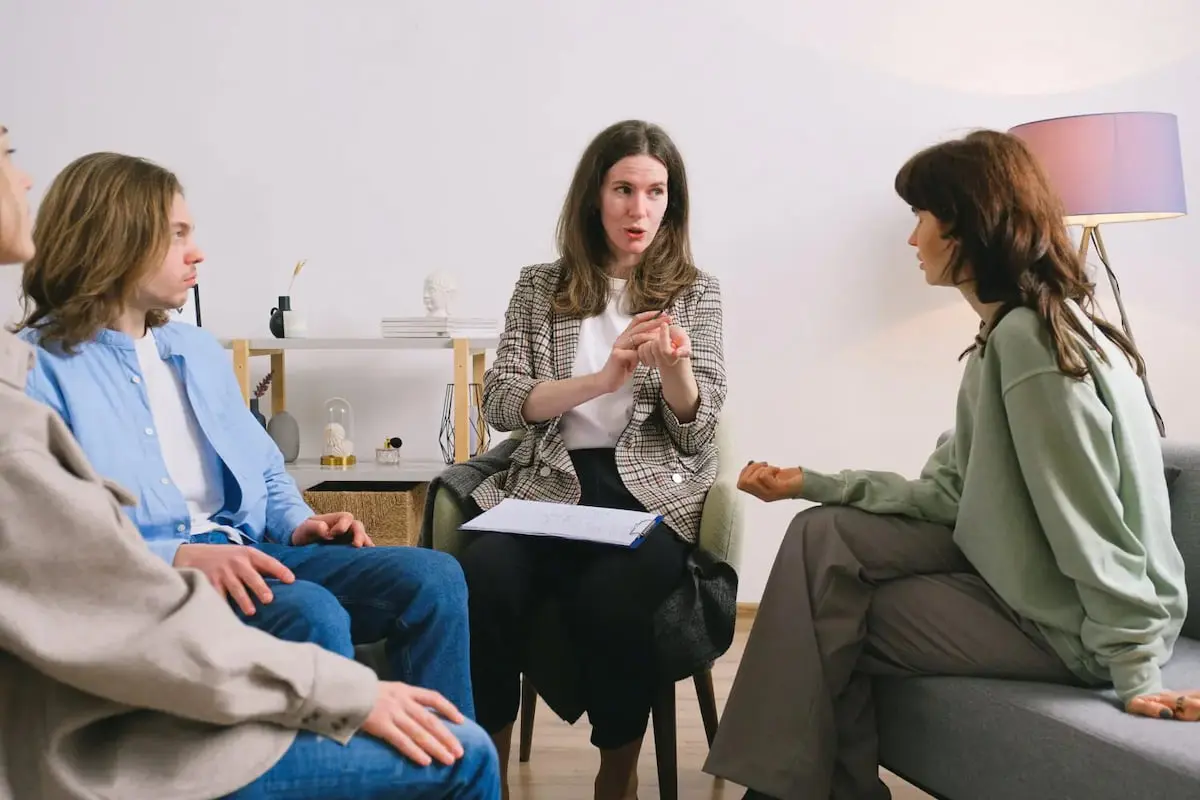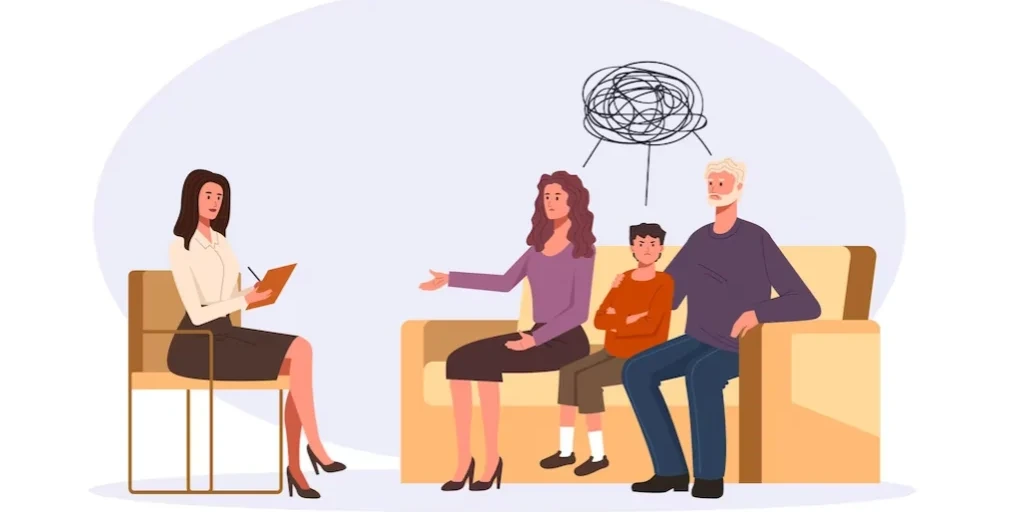, Virginia, nestled in the heart of the Blue Ridge Mountains, is a city rich in history and culture. With a population of approximately 80,000 residents, it serves as a significant hub for education and healthcare in the region. However, Lynchburg faces a pressing issue with drug and alcohol addiction that affects many of its residents. The rise in substance abuse is a concerning trend, prompting the need for effective recovery solutions.
centers play a crucial role in combating this issue, offering hope and healing to those struggling with addiction. These facilities provide tailored treatment programs that address the unique needs of individuals grappling with substance dependency, whether it be drugs or alcohol. With increasing awareness of mental health and addiction, the importance of rehab centers in Lynchburg cannot be overstated. Historically, Lynchburg has evolved from a pivotal trading post in the 18th century to a thriving city that now faces modern challenges, including the opioid crisis and other forms of substance abuse. The community recognizes the importance of creating an environment where recovery is possible, and rehab centers serve as a beacon of support, guiding individuals toward healthier, more productive lives. By focusing on addiction treatment, Lynchburg can aim to restore the well-being of its citizens, making systemic change in the fight against addiction. The journey towards recovery is deeply personal, but with the right support system, individuals can overcome their struggles and reintegrate into society as sober, healthy individuals.
One can also look for
.
Learn more about












































